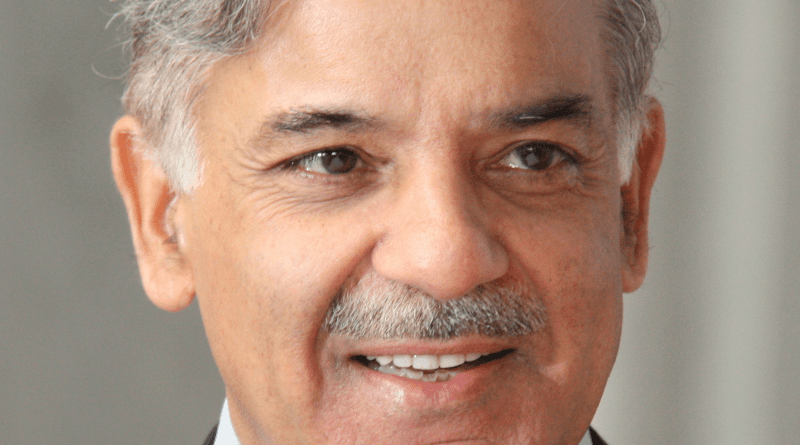Pakistan’s SIFC Drive: A Game Changer For Boosting FDIs – OpEd
The Pakistan’s government’s economic revival plan includes an important initiative known as the Special Investment Facilitation Council (SIFC). Prime Minister Shehbaz Sharif leads this council, which consists of federal ministers, provincial chiefs, and COAS, Gen. Syed Asim Munir. Its primary objective is to attract substantial foreign direct investment (FDI) by streamlining and simplifying complex bureaucratic procedures. The prime minister’s office highlights the council’s collaborative and cooperative approach that spans across various government entities, aiming to encourage a more efficient and investor-friendly environment, as per a news release.
The Special Investment Facilitation Council (SIFC) will consist of senior leaders from both the government and the armed forces. It will establish apex, executive, and implementation committees. This strategic move is commendable and timely. The unity and clear vision demonstrated by both civilian and state institutions as they collaborate for the welfare and prosperity of the country is laudable.
According to Muhammad Zohaib Khan, chairman of Pakistan Software Houses Association (P@SHA), the establishment of the Special Investment Facilitation Council (SIFC) represents a significant development in terms of Foreign Direct Investment (FDI) and has the potential to bring transformative changes to Pakistan’s economy.
Zohaib Khan further emphasized that investors, entrepreneurs, and business groups find the bureaucratic hurdles, dealing with multiple licensing and regulatory authorities, and the lack of consistency in economic and investment policies discouraging and hinder their willingness to invest. They are accustomed to streamlined processes and incentives provided through one-window operations. These are precisely the issues that the SIFC has been assigned to tackle.
The SIFC will prioritize defense production, agriculture, mines and minerals, the energy sector, and the IT industry. Its aim is to attract $100 billion in foreign direct investment (FDI) within a relatively short timeframe of three years. The ultimate objective is to achieve a nominal GDP of $1 trillion by fiscal year 2035. The state apparatus will extend comprehensive technical and strategic assistance to the SIFC to ensure smooth operations and effective performance of the council.
Zohaib Khan, representing the apex IT industry platform of P@SHA, expressed his full support for the consultative process among stakeholders in order to harness the vast potential of the IT industry and aid the efforts of SIFC. P@SHA emphasized that the IT industry plays a significant role in catalyzing other industries through automation, digitalization, business process reengineering (BPR), and artificial intelligence (AI), thereby aligning their operations with international best practices. Therefore, IT has the potential to act as a productivity multiplier for the four other key focus areas of the SIFC.
The management of the Lahore Chamber of Commerce & Industry (LCCI) has expressed their appreciation for the government’s decision to establish a Special Investment Facilitation Council (SIFC), considering it as a significant and positive step forward. In a statement, President LCCI Kashif Anwar, Senior Vice President Zafar Mahmood Ch, and Vice President Adnan Khalid Butt expressed their hope that the business community will be appropriately represented in the Council. They also voiced their support for the council, emphasizing its potential to serve as a single window for multi-domain cooperation and highlighting the numerous benefits it will bring to Pakistan.
The SIFC is dedicated to enhancing the ease of doing business in Pakistan. Through the simplification of administrative procedures, the reduction of bureaucratic obstacles, and the implementation of policies that prioritize the interests of investors, the council aims to foster a favorable environment for the growth and success of businesses.

